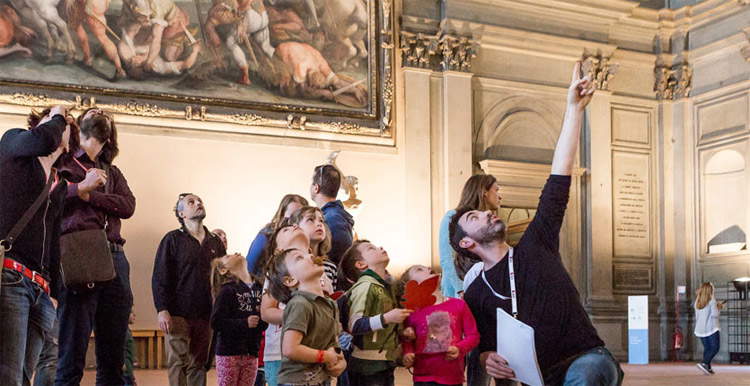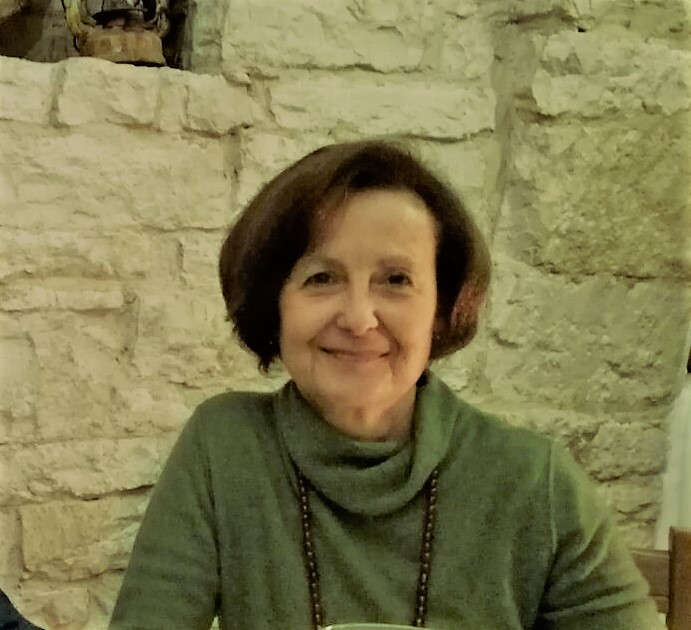It is now mid-May, almost three months have passed since the start of the pandemic. Confinement has become a little less strict, and by May 18 many more activities will timidly begin to reopen. With caution and fear, especially in Piedmont and Lombardy where Covid 19 hit hard, people are also resuming a new normalcy of masks, sanitizing gel, gloves, and social distancing. In these months of domestic segregation, we have been told that we have been good, that this terrible scourge will pass and leave a better world, where we will all be more supportive and good. Will this be true? Why should the suffering and pain brought by the pandemic have improved us? The process of individual and collective improvement does not seem so automatic and simple to me; it is not automatic that such tragic and traumatic experiences necessarily lead to personal and group self-improvement.
In this period of forced cohabitation there has been a huge increase in family violence. Not only in Italy but in every country in the world where domestic confinement was implemented. Children have been forced to live in spaces that are for many cramped, without being able to play and especially without being able to go to school, that is, to be educated but also to socialize, move around and meet peers. It is unnecessary to highlight how social, housing, and cultural level differences in families affected during this period, increasing inequalities among children. Adolescents’ lives were also certainly exhausting without the group of friends, such an important reference, and with an exclusively virtual sociality, without being able to run, move, etc. Sullistruzione a distanza we know that it has worked very unevenly and there will be gaps in the education of these generations.
For all those professionals and workers who had to and must fight the pandemic and guarantee essential services to the community this will certainly be remembered as a period of great stress and physical and psychological fatigue, of extremely hard struggle, of grueling shifts, of deaths that are difficult to contain, of concern that those who are not involved respect the norms of social behavior to avoid relapse. However, positive data also emerge from this collective experience: we have been extremely generous with donations to hospitals, civil defense, nonprofit organizations involved in different aspects of pandemic management. We saw the willingness of scientists to network scientific discoveries, building respirators and other medical tools so that we could get through the emergency phase and then get to the discovery of cures and vaccines. Scientists eager to work together, without boundaries, without economic interests constraining discoveries, etc. Many youth and adults offered themselves for volunteer activities that constituted and still constitute a network of protection and survival for the most fragile and marginal sectors, most affected by confinement, with loss of jobs, etc.
Solidarity has pervaded mote of social and health initiatives since the very first days of the pandemic. We all dream of the time when we can return to a sociality and a life of relationships that was the basis of our everyday life and that now seems like a mirage still far away. It is true that we have been able to visit cities, archaeological sites, museums and natural parks online, that we have been able to listen to music, see operas, films, but we all long to return to the physicality of real life, to the emotion of direct experiences. It will still take time, and we will have to abide by rules of distancing and hygiene, but it will still be a joy to return to the places of work, leisure, and consumption that we previously took for granted without grasping their features and beauty. When we can return to travel, to learn about, to visit places we will do so with a new awareness that only a life of subtraction could give us. A world of relationships and physical spaces, sights, smells, tastes that we miss today. Perhaps on that day we will better appreciate even the small qualities of our daily lives.
 |
| Visitors to the Palazzo Vecchio, Florence. Ph. Credit Mus.e Florence |

The author of this article: Luisa Leonini
Luisa Leonini Insegna Sociologia dei processi culturali alla Statale di Milano. Tra i suoi interessi di studio e ricerca, la sociologia dei consumi, i giovani, il mutamento sociale.Warning: the translation into English of the original Italian article was created using automatic tools. We undertake to review all articles, but we do not guarantee the total absence of inaccuracies in the translation due to the program. You can find the original by clicking on the ITA button. If you find any mistake,please contact us.